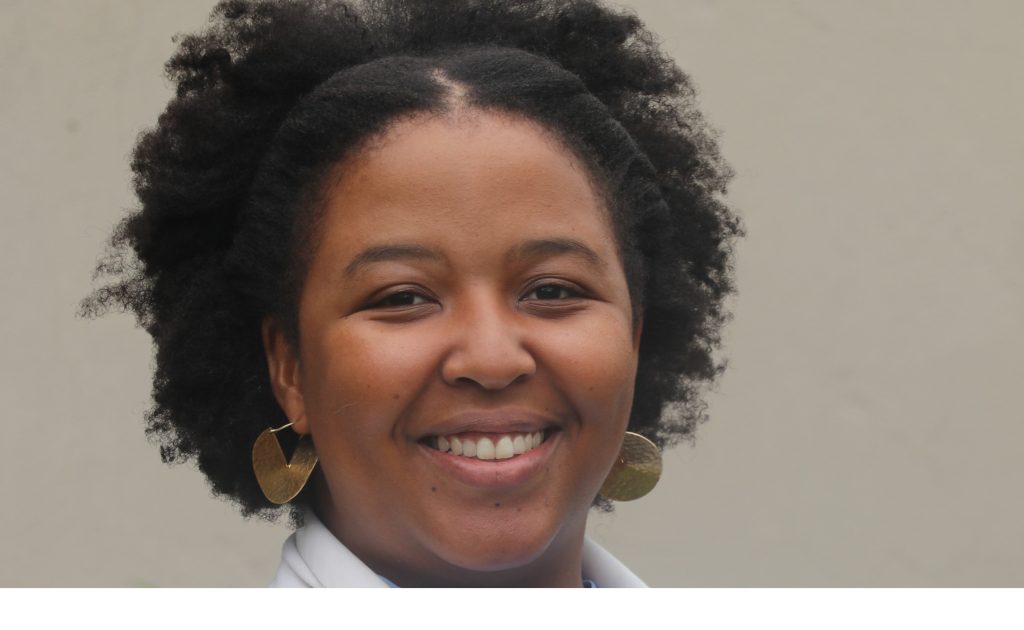The onset of the Covid-19 pandemic proved that small to medium-sized businesses (SMEs) are the backbone of the South African economy.
Almost half of SA SMEs closed in 2020
No ad to show here.
Yet, existing debt, lack of cash reserves, outdated financials, and an inability to operate during the national lockdown forced almost half of South African small businesses to close their doors in 2020.
This is according to a report by the Department of Small Business Development and Finfind, an online platform that connects funders to small businesses.
“Investors play a huge role in helping small businesses survive, not just with financial capital, which is greatly needed within the industry, but by providing them with on-the-ground support as well,” says Kuhle Mnisi, Operator-Investor at Secha Capital, an early-stage private equity fund. “Moving forward, it’s essential that we rethink the way we invest in SMEs.”
While there has been an increased focus on funding tech start-ups in recent years, the most ground-breaking investments are often the ones that have been overlooked by others. “Small businesses within the agribusiness and consumer good sectors create consistent, full-time jobs, yet they often struggle to find funding,” says Mnisi.
With a focus on generating a social or environmental impact along with financial return, impact investing is an alternative approach to funding, which builds businesses with purpose; “While many investors believe that there needs to be a trade-off between financial and social returns, there is a way to do well, by doing good,” says Mnisi.
Making an impact does not stop at job creation, but extends to diversity and inclusivity as well. “As we enter into a new year, which will bring its own challenges for female entrepreneurs, it’s vital that we take active steps to support women-led businesses, by providing them with the capital and resources needed to succeed,” says Mnisi.
From investing in hair network-marketing company, Wukina, to local biltong manufacturer, Stoffleberg, Secha Capital partners with operating companies who have sustainable business models and an intrinsic focus on a product or service that delivers social impact.
“These industries are often considered “boring” and are overlooked by other funders – however, every time a consumer buys or invests in this service, the money they spend stays local. This is vital to ensure economic stability for South Africa, especially during trying times,” says Mnisi.
With a focus on providing patient capital to established SMEs in the “missing middle”, Secha Capital’s model is unique to the private equity and impact investing space in Africa. By joining the SME team, they aim to address the management gap and help the business reach its full potential through a twelve-month accelerator toolkit.
Their newest investments include Cultura Fresh, a hydroponic vegetable producer, and iG3N, an innovative energy solutions provider.
This article was written by Kuhle Mnisi, Operator-Investor at Secha Capital.
Featured image: Kuhle Mnisi, Operator-Investor at Secha Capital (Supplied)
